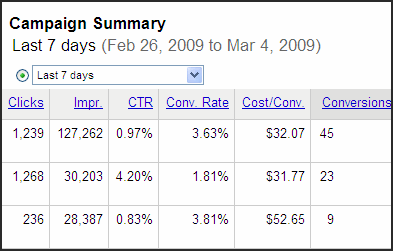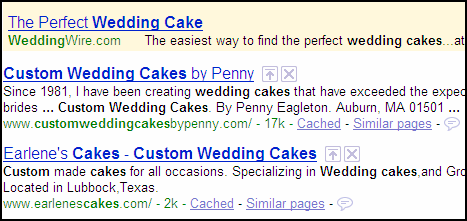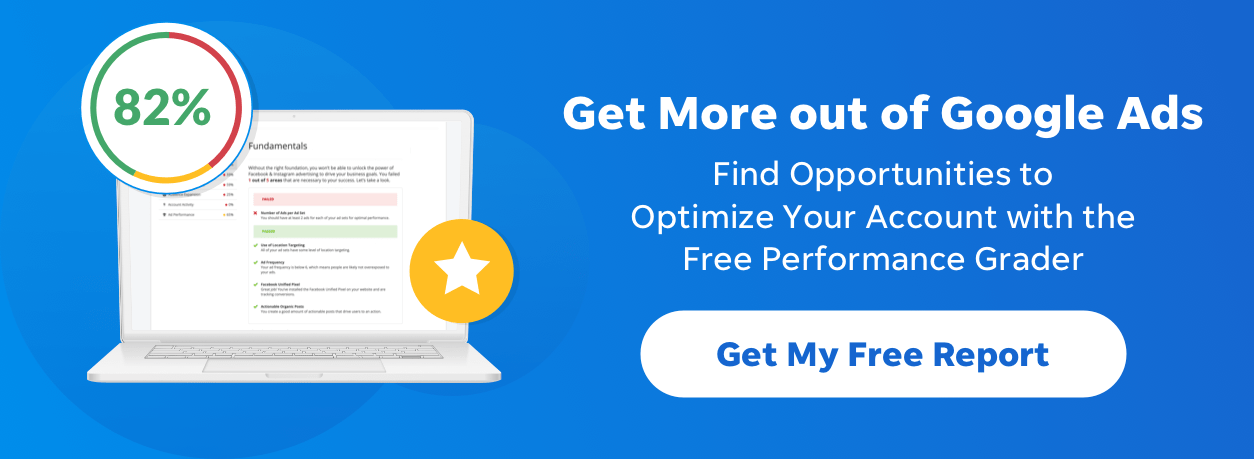
How to Use SEO & PPC Keyword Data to Maximum Effect
How to Use SEO & PPC Keyword Data to Maximum Effect
April 9, 2018
In the last installment of this keyword series, we talked about how sharing information between paid and natural search marketing campaigns could leverage shared data to improve the results of both channels. We used the following graphic to illustrate the process of sharing information amongst PPC and SEO campaigns:
The graphic above makes a lot of sense in the event that you’re:
- Launching a new site
- Launching a new product/product line/offering
- Attempting to target a new keyword vertical
This cross-channel thinking can certainly be applied by anyone engaging in search marketing, but for our purposes we’ll focus on the process surrounding any of the above.
Step 1: Test Your Keywords with PPC
First you want to generate a list of keywords. You can do this any number of different ways, like using a keyword research tool to help you build this list. The problem is that this data isn’t specific to your site:
Google’s keyword tool and others can give you a rough sense of the total traffic for a keyword. The numbers you’re getting, though are approximations of all of the traffic for that keyword. They don’t tell you:
- The exact amount of actual search traffic
- Whether people find your site, your offer, and it’s content relevant for that phrase
- How those keywords actually perform: i.e. do they positively impact your bottom line
By getting a PPC campaign off the ground, you can learn how much actual traffic you can expect, get a feel for how relevant searchers and Google consider your content for your keyword lists, and most importantly: find out if building content for a list of SEO keywords will be profitable.
Step 2: Target Your Successful PPC Keywords Via SEO
Once you have success targeting PPC keywords, attack those very keywords in your content creation and promotion. You need to be able to see precisely which keywords have been driving traffic and sales, and then build content to those keywords. Let’s imagine we’re running a custom cake shop. We can create some campaigns for PPC based around very broad pay per click keywords related to our business. The list might be:
- wedding
- birthday
- chocolate
- vanilla
- etc.
Within these campaigns we’ll create more specific ad groups for terms like “custom wedding cakes” or “funny chocolate birthday cakes”.
Once we’ve run a paid search campaign, and created some high level segmentations, we can take a look at what works:
If our vanilla group fell on its face, maybe we’ll skip that in our website’s information architecture. If “custom wedding cakes” is a big seller for our paid search campaign, though, we might try to create a whole section of our site targeting related key phrases.
The key thing to remember is that we won’t be wasting time and money building all this content: we know that if we achieve rankings, these keywords will be profitable. Since it takes months and a non-trivial amount of labor (in the form of not only content authoring but also link building, Web development, etc.) it’s crucial to us that we not waste money targeting search engine keywords that won’t bring us leads and sales.
And the good news is, once we apply our keyword targeting to SEO and develop effective copy, we’ll discover a whole host of new long-tail keywords.
Step 3: Take a Look Back at Your Logs
Now, by revisiting our log files, we can discover new website keywords and new keyword verticals that our SEO efforts have unearthed.
For instance, maybe we were targeting custom wedding cakes, and on that page we referenced a great golden yellow cream cheesecake we had made for a wedding. We might see some traffic trickle into the website for that phrase. It might even convert for us; now we can add that keyword to the list of paid search keywords we’re bidding on.
In this way, we can effectively scale our paid search campaign to reach more searchers. Additionally, we’ll generally lower our overall cost per click, since these more specific queries often have less advertiser competition.
Search Marketing Data Sharing Makes Both Channels Better
In addition to the process outlined above, there are a host of other things you can do to generate additional value from your paid search and natural search campaigns. These include:
Targeting Insights – As we outlined above: paying close attention to your paid and natural search data can help you to find valuable information about both.
Messaging Insights – Paid search ads are very trackable. In organic search, you actually have a chance to write something resembling “ad text”. Take a look at a search result for custom wedding cakes:
The ad with the tan back-drop is a paid ad. If the site listed started to rank for “custom wedding cake”, though, and had had a lot of success with their paid search campaign for that term, they might replicate the above headline for use in the title tag. The WeddingWire.com meta title tag and meta description will serve as the listing in search results. By infusing ad text that has proven to be effective into the meta title and meta descriptions of pages (note: Google no longer supports the “meta keywords” attribute), you’re able to create title tags and meta descriptions that are particularly compelling. Towards the same end, if you have a few benefit statements, a couple of taglines, or multiple product name options you’re considering, you might consider running them as PPC ads to test their popularity amongst searchers. Towards the same end, organic pages that enjoy a lot of traffic may offer ideas for clickable headlines or calls to action.
Your messaging, targeting, and overall execution for both PPC and SEO are drastically improved by creating a single home for data analysis and by implementing processes for acting on that data.
Hit me up on Twitter:
More Articles Like This
Comments
Please read our Comment Policy before commenting.









